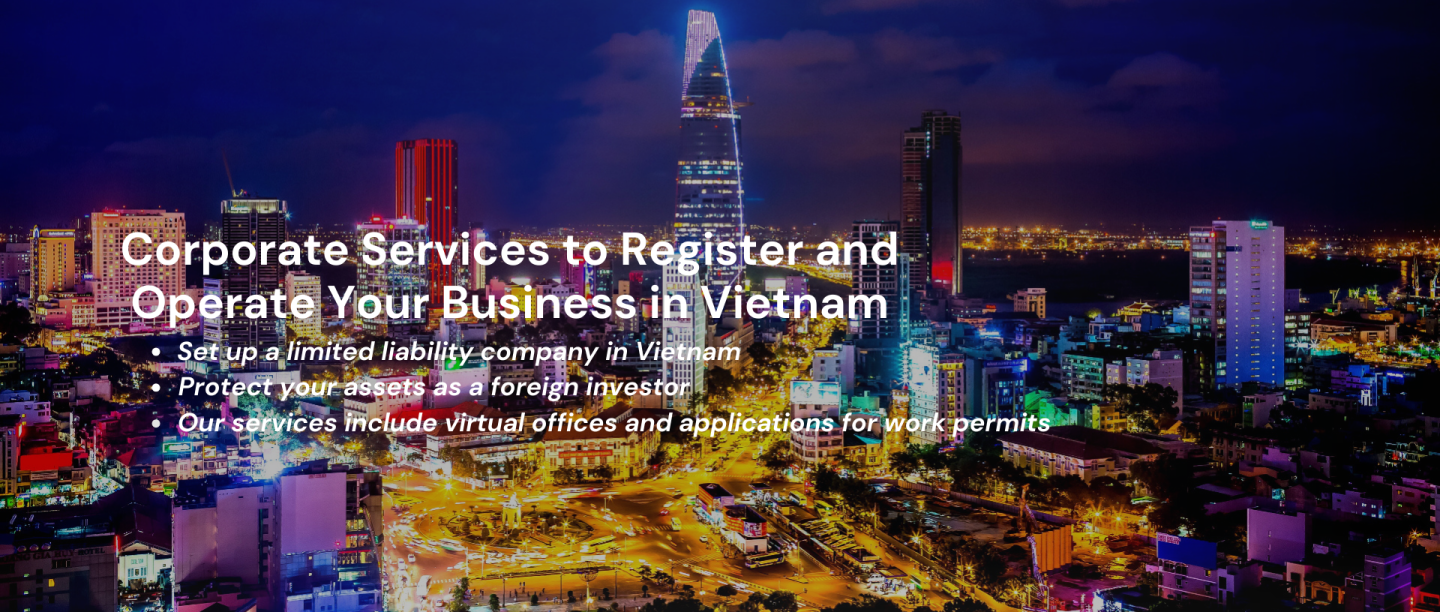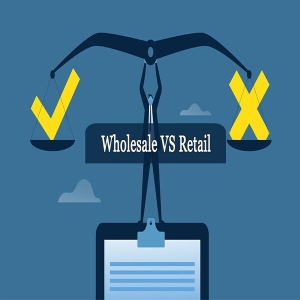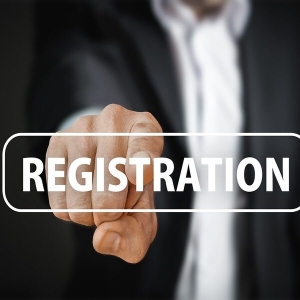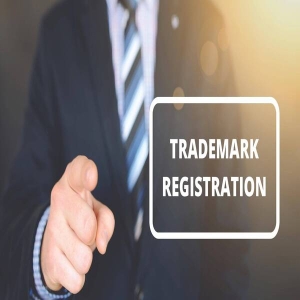business licenses
Wholesale and Retail
Overview of the Wholesale and Retail Industry in Vietnam
Vietnam’s wholesale industry is experiencing significant growth, driven by rising consumer demand and an expanding retail market. In 2023, the retail sales of goods in Vietnam reached approximately 4,859 trillion VND, reflecting an 8.6% increase from the previous year. This upward trend presents substantial opportunities for businesses to diversify and innovate.
Currently, the most common business structure for a wholesale and retail business in Vietnam is a Limited Liability Company (LLC). An LLC allows 100% foreign ownership and provides liability protection for its members. Furthermore, this business structure provides lower tax rates, increasing profitability for retailers, in addition to low initial set-up costs.
As for the most common business setups for the wholesale and retail industry in Vietnam, the market has a preference for:
Retail Storefronts (Supermarkets, Department Stores, Specialty Stores)
E-Commerce Marketplaces
Dropshipping Businesses (Wholesale Outlets, Distribution Centers)
Omnichannel Retail (Combination of both online and offline stores)
Key Requirements for Setting Up A Wholesale and Retail Business in Vietnam
Wholesale Business Requirements
In Vietnam, a business is considered wholesale when it sells goods in large quantities to retailers, businesses, or other commercial entities instead of directly to individual consumers. These are generally considered B2B entities. Below are the essential requirements and regulations for establishing a wholesale business:
Investment Registration Certificate (IRC) from the Department of Planning and Investment
Enterprise Registration Certificate (ERC) or Business Registration Certificate (BRC) Both these licenses double as sufficient licenses for engaging in wholesale business activities
Appoint a legal representative
An official business address
The proposed capital investment should align with planned expenses and your business activities.
Retail Business Requirements
Retail refers to the sale of goods and services directly to consumers (B2C) for personal use, typically in smaller quantities. The following are the key requirements and regulations for operating a retail business, ensuring compliance with local laws and market standards:
Investment Registration Certificate (IRC) from the Department of Planning and Investment
Enterprise Registration Certificate (ERC) or Business Registration Certificate (BRC)
Retail Sale License from the Department of Industry and Trade (MOIT)
Business License for retail distribution activities
Retail Outlet Establishment License (required for each retail outlet location)
Appoint a legal representative
A financial plan for running a retail business
Demonstrate financial capacity and explain funding sources
No overdue tax liability if established in Vietnam for over a year
Retail outlet locations must comply with relevant local planning regulations
In addition to these requirements, companies must go through an Economic Needs Test (ENT). The ENT is necessary for retail outlets beyond their first retail store if they are:
500sqm or larger
Not located in a shopping mall
Not classified as a convenience store or mini supermarket
However, foreign investors from countries within the Comprehensive and Progressive Agreement for Trans-Pacific Partnership (CPTPP) are exempt from going through the ENT, making it easier to start their retail business in Vietnam. These countries include Singapore, Australia, Canada, Japan, Malaysia, Chile, and more.
Import Regulations for A Wholesale and Retail Business in Vietnam
Import Requirements for Wholesale and Retail in Vietnam
When importing products into Vietnam, the most important step is obtaining an import license. There are two types of import licenses in the country, depending on your products:
Automatic Import License: For goods posing minimal risk
Non-Automatic Import License: For goods that require closer inspection by authorities
For wholesale businesses, the IRC and ERC/BRC are enough, and no trading licenses are necessary for importing products. However, retail businesses will require a Trading License from MOIT which takes around 6 to 12 weeks to process. This Trading License is necessary for imports and distribution activities as it specifies intended retail activities and products.
Product Registration for Regulated Goods in Vietnam
Additionally, certain products require registration with Vietnamese authorities before importation. These include food and beverages, cosmetics, medical devices, and pharmaceuticals. As for import taxes, you should keep the following in mind:
Import Duty
Value-Added Tax (VAT)
Special Consumption Tax (SCT) for certain products
Environmental Protection Tax (EPT) where applicable
Furthermore, the following documents are required for importing your products into Vietnam:
Commercial Invoice
Packing List
Bill of Lading / Airway Bill
Certificate of Origin
IRC and ERC / BRC
Conformity Certificate (if applicable)
Inspection Certificate (if applicable)
Steps to Register Wholesale and Retail Business in Vietnam
Registering a wholesale and retail business in Vietnam involves a series of steps that can vary depending on your business structure. The process can differ depending on whether you’re planning a physical retail store or an online retail operation. Below you’ll find the key steps for setting up a wholesale or retail business in Vietnam:
Establish A Company: Setting up a Limited Liability Company is a crucial first step for setting up a wholesale and retail business in Vietnam. During this process, companies will obtain the IRC and ERC from the Department of Investment and Planning which are essential for operations.
Open A Company Bank Account: A corporate bank account is necessary to deposit the business’s capital as evidence which is important as part of the requirements during registration.
Obtain Operational Licenses and Appoint Representative: Operational-specific licenses need to be applied for at the offices of their respective governing bodies and a local representative must be appointed.
Establish an E-Commerce Platform: Businesses venturing into e-commerce must register with the Ministry of Industry and Trade (MOIT) and obtain an E-Commerce Business License. If the business criteria are met, a representative office must be set up, and e-commerce platforms must comply with the Law on E-Transactions and Law on Protection of Consumer’s Rights.
Register Products: Certain products will require additional licensing and approvals from local governing bodies. This includes those under the food and beverage, health supplements, and medical device categories.
Product Registration
In Vietnam, regulated industries and goods are monitored by the country’s equivalent to the Food and Drug Adminitration (FDA). The Vietnamese authorities are divided based on specific areas of activity:
• Vietnam Food Safety Authority (VFA): Oversees quality control and regulatory standards for food and beverage products intended for Vietnamese consumers
• Drug Administration of Vietnam (DAV): Monitors production and distribution of pharmaceutical products and cosmetics.
• Ministry of Health (MOH): Handles healthcare and related operations issues, such as medical device registration and imports.
These regulatory bodies aim to protect public interests and prevent hazardous or inefficient products from entering the Vietnamese consumer market by requiring product registration.
Required documents for product registration in Vietnam
Food and beverage:
• Business Registration Certificate
• Detailed product information
• Samples of complete products
• Product label
• Information and scientific data proving the effectiveness and function of each constitutional component
• Specification sheet from the manufacturer
• Certificate of Analysis
• Certificate of Free Sale, Exportation, or Health (Imports)
• Certificate of Good Manufacturing Practice (GMP)
Cosmetic products:
• Notification Dossier (Imports):
o Notification form
o Power of Attorney from Manufacturer
o Certificate of Free Sale
• Administrative information (Product name, intended use, details of manufacturer)
• Product quality data
• Product safety assessment reports
• Samples of product label
• List of ingredients and product formula
• Safety Data Sheet
• Clinical test reports
• Information on quality control
Product registration process in Vietnam
The product registration process will vary depending on the specific product being registered. The timeline is variable but can take up to three months.
Emerhub assists you in securing the necessary documents to ensure that the application is complete and meets all requirements. Our advisors will also submit and manage the process for you:
1. Application review by our advisors and submission to the relevant regulatory authority based on your product
2. Supplementation of application on request (receiving authority can request the applicant to supplement the application only once)
3. Receiving authority posts supplier names and product details on its website and updates relevant databases
Trademark Registration
Overview of trademark registration in Vietnam for intellectual property
How does Vietnam’s intellectual property system work?
Vietnam’s Intellectual property (IP) system allows legal ownership of an idea or creation by an individual or company, thus providing you with exclusive rights to said property. In Vietnam, intellectual property can be registered depending on the specific industry that encompasses that category of IP and the particular type of creation or idea.
For foreign investors and entrepreneurs, trademarks are the most commonly sought-after IP protection, as it concerns branding elements for your products and services. There are five main categories of trademarks recognized under current Vietnamese law:
1. Trademark: Type of IP used to link a product or service to a specific organization or individual
2. Collective mark: Distinguishes products or services of members versus non-members within an organization that owns the mark.
3. Certification mark: Granted by a mark owner to a third party, thus authorizing them to use characteristics of the original mark.
4. Associate mark: Registration of multiple identical or similar marks by one entity to use on related goods or services.
5. Well-known mark: A pre-established mark that is widely known by Vietnamese consumers.
Accepted forms of trademark registration in Vietnam
A trademark is a sign distinguishing the goods or services of one enterprise from others. Several different types of business trademarks can be registered in Vietnam, although there are certain restrictions. Emerhub can help you determine whether your trademark is eligible for registration, as well as avoid potential factors that can lead to disqualification of your trademark:
Allowed forms of trademarks
• Numerals
• A word or combination of words
• Letters
• Shapes (including three-dimensional signs)
• Drawings
• Symbols
• Sounds
• Any combination of the above
Restricted / prohibited forms of trademarks
• Scents
• Imitations of the following:
o Coins
o Titles
o Bank notes (Union, State, Federal district, Territory, Municipality, County)
Why should you register a trademark in Vietnam?
Vietnam operates through a first-to-file trademark registration policy, meaning that whoever registers a brand first gains exclusive rights to it. This underscores the importance of protecting your brand when establishing your company in Vietnam, as registration protects others from using or imitating your trademark in the Vietnamese market.
The most common scenarios requiring trademark registration are the following:
• You are interested in expanding to Vietnam and have already registered a trademark in a different market
• You want to avoid the theft of a trademark (applies to internationally recognized brands)
Without trademark registration, it is common for companies in Vietnam to see that someone else is using their trademark without authorization. Vietnam does not protect unregistered trademarks if someone has misrepresented their goods or services as belonging to a certain brand. Registering a trademark is therefore the only way to gain legal protection for your IP.
Trademark registration process in Vietnam
Requirements for registering your intellectual property in Vietnam
You can conduct trademark registration in Vietnam directly after setting up your legal entity in Vietnam, or you can register your brand without an established presence through a local representative, which Emerhub can provide. Trademark application requires that you provide the following information regarding the mark for which you are applying:
• A completed application form;
• Foreign applicants must provide a power of attorney;
• At least 5 images of the trademark;
• A detailed listing of all the products and services included under the trademark;
• All information must be in Vietnamese language;
Our local team can manage the application process in your stead. The trademark is generally granted for 10-year periods but can be extended indefinitely. Remember that certain products may be subject to additional regulations. Emerhub can help you with product registration with the Vietnamese equivalents of the Food and Drug Administration (FDA) for regulated goods.
How to register your trademark in Vietnam
Trademark registration in Vietnam can be a straightforward process if you understand the local market and current regulatory requirements. By partnering with Emerhub’s trademark registration service, our local team will properly protect your brand for your market expansion through our comprehensive process:
1. Our experts will conduct a preliminary trademark search to ensure that no similar brands already exist and advise you on what elements you should register.
2. We will determine whether your products need to be registered with regulatory agencies and, if so, we can handle the product certification process.
3. We will help you secure all necessary documentation, as well as review all pieces of your application.
4. We will submit and monitor your application, and provide you with your trademark certificate of registration once accepted.
Understanding the difference between national and international trademark registration in Vietnam
Vietnam is an official member of the World Intellectual Property Organization (WIPO), meaning that it is possible to apply for both local and international trademarks. If you intend on expanding your operations into other Southeast Asian countries, then it is more cost-effective to register an international trademark, but this can also be done later after registering a local trademark.
In South-East Asia it is possible to simultaneously register for a trademark in:
• Vietnam
• Singapore
• Cambodia
• Laos
• Philippines





